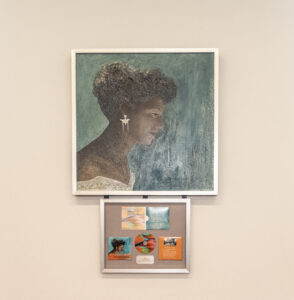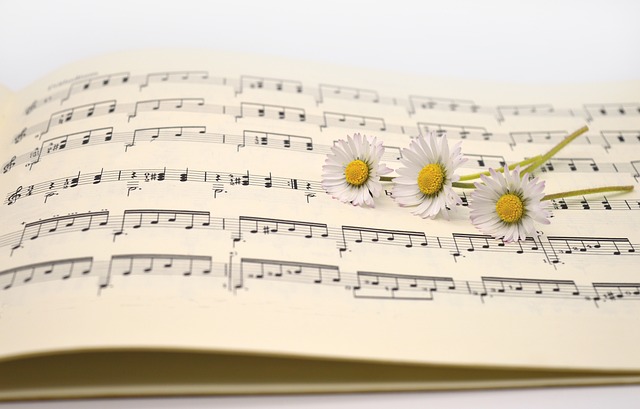
NEC Unveils Portrait of Pioneering Black Artist Mary Caldwell Dawson
By Chris RuelPhoto: Andrew Hurlbut
New England Conservatory (NEC) unveiled a new portrait of Mary Cardwell Dawson by Iris Lee Marcus, which will be on permanent display at the conservatory’s Blumenthal Family Library.
The painting recognizes her trailblazing career as a singer and her founding of the National Negro Opera Company (NNOC) in Pittsburgh in 1941.
Dawson’s opera company provided Black artists with opportunities denied to them by Jim Crow laws. Various music projects highlight the legacy of Dawson, such as “Songs for Mary” by Dawn Carroll and Jon Butcher, which tell the story of Dawson’s life and times.
In 2021, the Glimmerglass Festival commissioned and premiered “The Passion of Mary Cardwell Dawson,” performed again this year at the Washington National Opera. Dawson’s legacy is an important part of American music history, and the NEC library’s portrait is a tribute to her contributions.
The portrait of Mary Cardwell Dawson will join the bust of Coretta Scott King in the library.
Dawson graduated from NEC in 1925. When she enrolled, she was the only African American in her class.
“At a time when racism towards African American singers was rife and very tangible in the opera world, Mary Cardwell Dawson had the tenacity and courage to build a Black opera company that would pave the way for African American composers and singers to perform, with a far reaching visionary approach of training Black youth to sing. Given the socio-cultural context of the time, this embodied the intersection of Black art, education, provocation, and activism at its best. Her company was the first Black independent company to rent out the Met, and was also described as a ‘gathering space’ for the artist community.
This painting joins the Coretta Scott King bust in our library, and is a reminder of NEC’s legacy of having one of the first Black women to complete their studies in instrumental performance, Florence Price. The portrait is welcomed as we celebrate Black artistry, stand in solidarity with Black suffering at the hands of institutional racism (past and present), and honor Black history and the women who’ve made it,” Monique Van Willingh, Director of Cultural Equity and Belonging at NEC said in an official press release.
Categories
News


